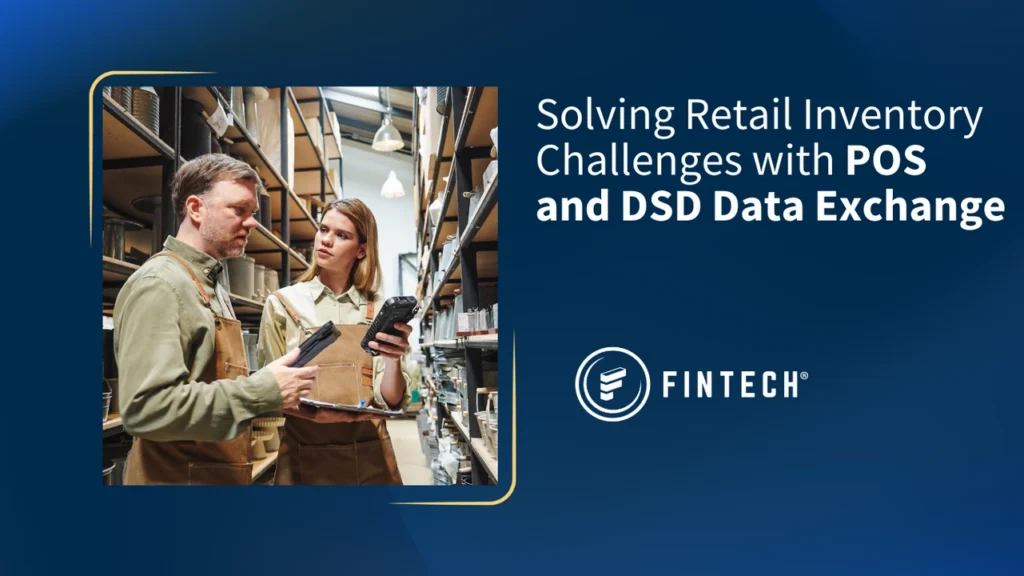The holiday season is a busy time for the hospitality industry, with an influx of customers looking to celebrate and create lasting memories. However, as the demand for services and staff escalates, many establishments face the challenge of labor shortages. To combat understaffing and ensure a smooth operation during the holiday rush, businesses are turning to automation tools as another means of staffing. In this blog, we will explore how automation addresses workforce shortfalls and boosts efficiency, allowing businesses to focus on providing the best experience for their customers.
The Challenge of Labor Shortages
The hospitality industry relies heavily on a reliable and skilled workforce to deliver exceptional customer service. However, the holiday season can wreak havoc on business operations without proper organization and task delegation. Staff no-call/no-shows, last-minute sick days, and holiday PTO schedules can leave businesses understaffed and struggling to meet customer demands.
There is a lot of admin work in running a successful hospitality business. Managing deliveries, inventory, invoice payments, and tracking purchase sales data is a full-time job in and of itself. When short-staffed, these tasks can pile up quickly, impacting the quality of service provided. Managers also struggle to pull themselves away from more pressing tasks during service hours, leading to delays that could affect the business’s bottom line.
Looking Elsewhere for Employment
Businesses don’t need to plaster “Help Needed” signs on their windows or spend time with online job board listings. Instead, they can diversify their labor sources by outsourcing to automation tools. Automation tools provide a game-changing solution to the labor shortage problem in the hospitality industry. These tools are designed to optimize various aspects of operations, making it easier to manage tasks that were previously time-consuming and resource-intensive.
There are many automation tools designed to help the hospitality industry, whether it’s taking reservations, inventory management, product ordering, electronic invoice payments, customer forecasting, or shift scheduling.
Fintech’s PaymentSource® tool is one of them, automating alcohol invoice payment and line-item data ingestion. Traditionally, this process can be quite labor-intensive, involving manual data entry and reconciliation. If a business deals with staffing issues, managers may spread themselves too thin and let some of this administrative work slip through the cracks. By automating invoice payments, businesses can reduce the burden on their workforce and ensure timely payments to alcohol distributors, even during a labor shortage.
Finding Efficiency Through Outsourcing
Outsourcing labor to automation tools not only saves time but also reduces the risk of errors that can occur when human employees are overwhelmed by the workload. This improved efficiency allows the existing workforce to focus on more critical tasks, such as delivering exceptional customer service. In times of labor shortages, businesses can rely on automation tools to bridge the gap. These tools handle repetitive, data-heavy tasks that would typically require human intervention. By doing so, they minimize the impact of staff no-call/no-shows, sick days, and holiday PTO schedules, ensuring that business operations continue to run smoothly. With fewer distractions and manual tasks to handle, employees can focus on attending to customers’ needs and ensuring their satisfaction.
Navigate the Holiday Rush With Automation
The holiday season can be both a blessing and a challenge for the hospitality industry. Labor shortages can disrupt operations and impact customer service, but automation tools provide a reliable stopgap. Some even come with enhanced features like predictive data insights to help with product ordering and workflow management. They allow businesses to maintain efficiency, even in the face of workforce shortfalls. By embracing automation, the hospitality industry can ensure a smooth holiday rush and continue delivering exceptional experiences to its customers without having to worry about finding reliable, steady employees.






